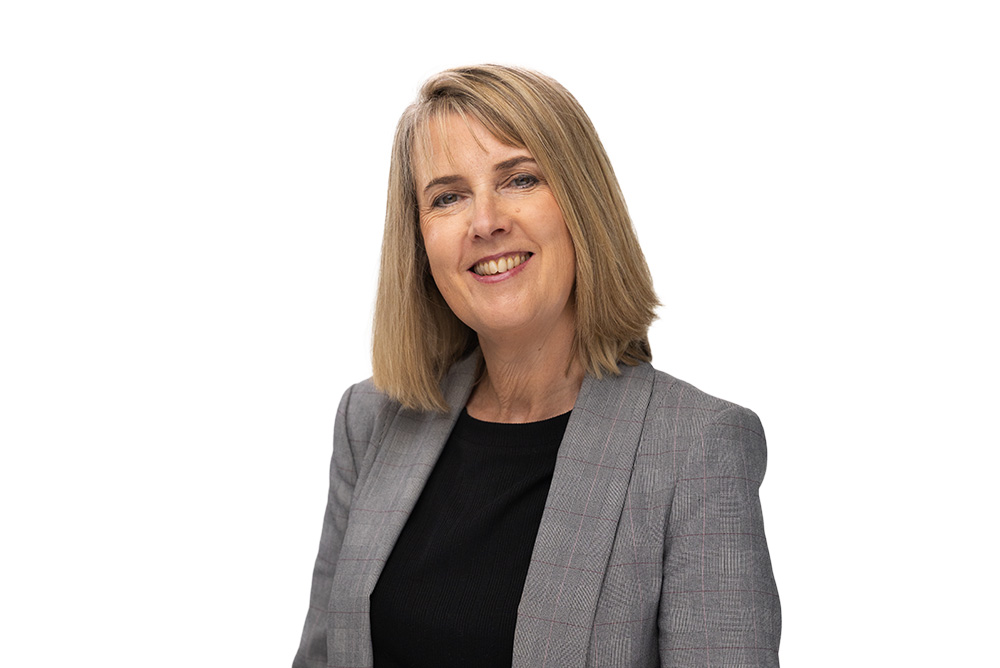Research-informed professional training and development initiatives will be rolled out for Seventh-day Adventist Church leaders in the South Pacific Division (SPD) over the next five years.
The initiatives are part of a new comprehensive leadership strategy. The strategy was adopted at the November year-end meetings of the Division Executive Committee.
Architect of the strategy, SPD leadership and professional development manager Dean Banks, said it is essential for the Church to have an intentional strategy for its leaders.
“The new strategy provides a roadmap, showing us how to actively grow current leaders and identify and grow future leaders to achieve our mission,” he said.
“Society is being disrupted at so many different levels, accelerated even more so this year [in 2020] with COVID-19. This has significant implications for our leaders. If we are to fulfil our mission and remain relevant we need to be agile as an organisation and very clear on what’s required by our leaders to drive us towards that mission.”
Over the past few years there has been extensive dialogue and research conducted among church leaders to see what support systems were in place to develop their leadership capacity. This included feedback on what was working well, what could be done better and the priority areas for immediate focus.
“We realised that we need to be more intentional about developing our current leaders to keep up with the pace of change, with a particular focus on building a pipeline of future leaders,” Mr Banks said.
“Those surveyed indicated that they understood the vision and mission of the Church but were not as confident about how to develop a culture of professional growth, productivity and accountability. The other insight was that systems such as leadership inductions, goal setting and performance appraisals could be improved.”

The leadership strategy has three components: 1) clarifying the behaviours, skills and knowledge required to be a successful Adventist church leader; 2) assessing leaders against these criteria; and 3) using the highlighted gaps to inform a professional development plan using a range of activities including professional coaching, mentoring, cross-cultural experiences, short modular courses and online training resources.
“The strategy also includes the creation of an SPD Leadership Academy—an online digital resource centre housing webinars, ted-talks, podcasts and training courses. By providing professional, accessible learning activities, we want the academy to be a central hub that all Adventist church leaders will engage with,” Mr Banks said.
The first initiative commencing in March will be a 10-month leadership pilot program involving 24 senior and emerging leaders from SPD entities. “The idea is, we test the strategy model and allow participants to experience the various components; this will then provide a tested methodology that institutions and entities can adapt for their own contexts in the future,” Mr Banks said.






